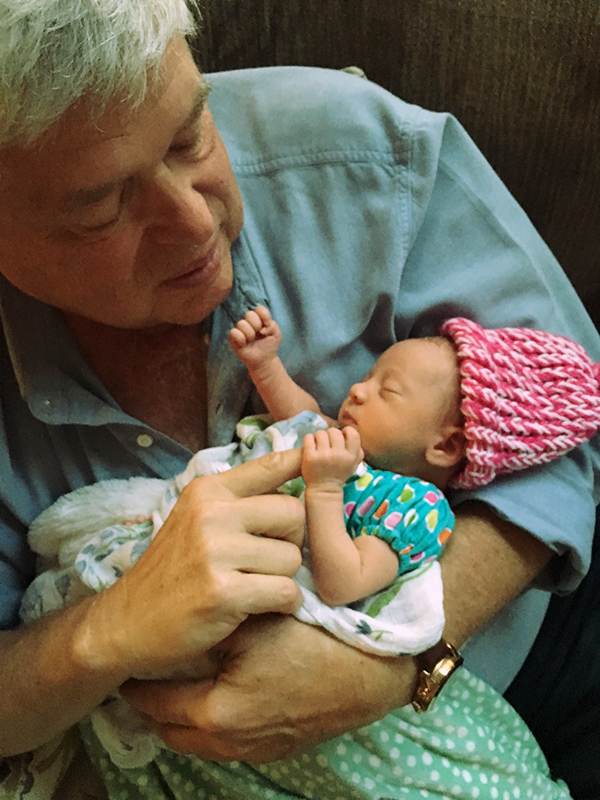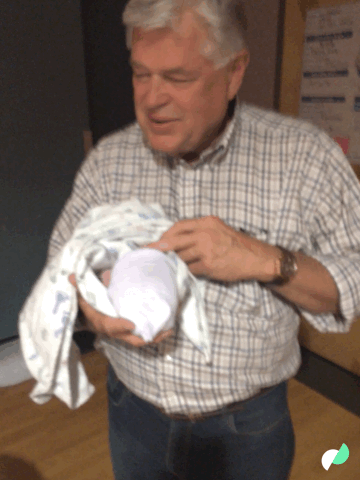“Breast Feeding is Unnatural.”
 That was the headline I saw the other day when perusing the news. My first reaction was, “WHAT? What is this country coming to?” An article/study in Pediatrics entitled, “Unintended Consequences of Invoking the ‘Natural’ in Breastfeeding Promotion,” written by Jessica Martucci and Anne Barnhill, essentially claims that “referencing the ‘natural’ in breastfeeding promotion—may inadvertently endorse a set of values about family life and gender roles which would be ethically inappropriate.” I’m sorry, but “natural” actually does fit my set of values. How extreme can the obsession with sexuality and gender get?
That was the headline I saw the other day when perusing the news. My first reaction was, “WHAT? What is this country coming to?” An article/study in Pediatrics entitled, “Unintended Consequences of Invoking the ‘Natural’ in Breastfeeding Promotion,” written by Jessica Martucci and Anne Barnhill, essentially claims that “referencing the ‘natural’ in breastfeeding promotion—may inadvertently endorse a set of values about family life and gender roles which would be ethically inappropriate.” I’m sorry, but “natural” actually does fit my set of values. How extreme can the obsession with sexuality and gender get?
When I saw this headline, it immediately took me back to UCLA in the early ‘80s. I was doing an early morning news show that was being filmed at UCLA’s Child Development Center. The station brought me to UCLA so I could provide an opinion about UCLA’s daycare perspectives. We did the interview in a huge room that was full of babies, toddlers and lots of noise. The children were on mats and in various cribs and there were students interacting with some of the children, while others slept, cried or expressed varying degrees of displeasure. As we began the interview, the head of the department made a statement that literally left me in a state of shock. She said that young children being home with their mother was UNNATURAL!
To gain a bit of historic perspective, common use of daycares and preschools is really a relatively new phenomenon. Daycares actually date back to the late 1800s as facilities for working mothers. But even back in the ‘50s it was rare for a child to go to daycare. There weren’t yet preschools and the majority of children didn’t start school until they were five or six. To further put things in perspective, back in the ‘50s when we were having air-raid drills in school and were hearing “better dead than red,” we were traumatized hearing stories about Russia, where little children were put in schools as early as two or three years of age—horrifying!
Back at the time of my interview at UCLA, formal daycare was still rather rare. Working moms generally relied on family members or informal situations where stay-at-home moms would take care of another child or two.
In 1964 President Lyndon Johnson created Head Start, a program that was initiated as part of his “War on Poverty” to help meet the needs of preschool aged children from low-income families. Head Start was and is a good thing. Providing early educational opportunities for children from disadvantaged homes is a good thing. Children from disadvantaged families absolutely do better with early childhood educational opportunities.
Today, however, educational propaganda has created the distorted perspective that all children are better off in daycare and preschool and that they are, in fact, being deprived of opportunities if they do not attend. Economic reality is such that many mothers need to work when their children are under five. There are mothers who choose to have careers and need nannies, daycare and preschools, which is fine. Certainly, the better the daycares and the preschools, the more opportunities those children have. But let’s not throw the baby out with the bath water. An involved dedicated mother, who after all knows her child better than anyone else on the planet and who can provide her child with individual attention throughout the day, is not only doing something that is quite “natural,” but is probably optimizing her child’s first critical years of development. An informed, dedicated parent given the right tools, can do absolute wonders—quite naturally.
—Bob Doman

 My son Laird and his lovely wife Sadie have gone and done it, they have brought a baby girl into my family at last. I have two great sons and three grandsons, but have really wanted a granddaughter. Granddad was ready for a girl. My first granddaughter (wow!) Arielle is a beautiful little girl, just 4lbs 11oz. at birth, strong and healthy and after her first week doing spectacularly well.
My son Laird and his lovely wife Sadie have gone and done it, they have brought a baby girl into my family at last. I have two great sons and three grandsons, but have really wanted a granddaughter. Granddad was ready for a girl. My first granddaughter (wow!) Arielle is a beautiful little girl, just 4lbs 11oz. at birth, strong and healthy and after her first week doing spectacularly well.